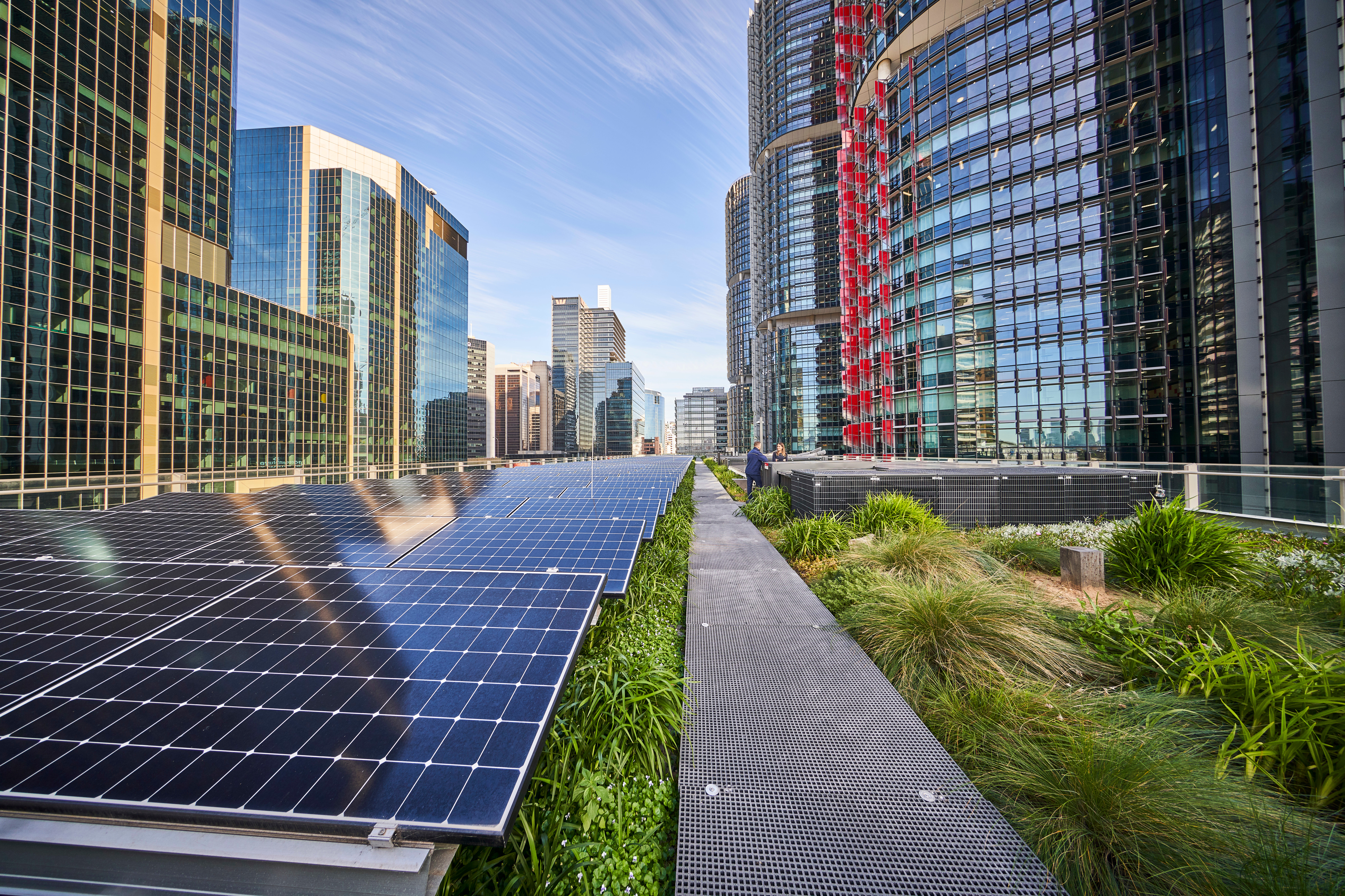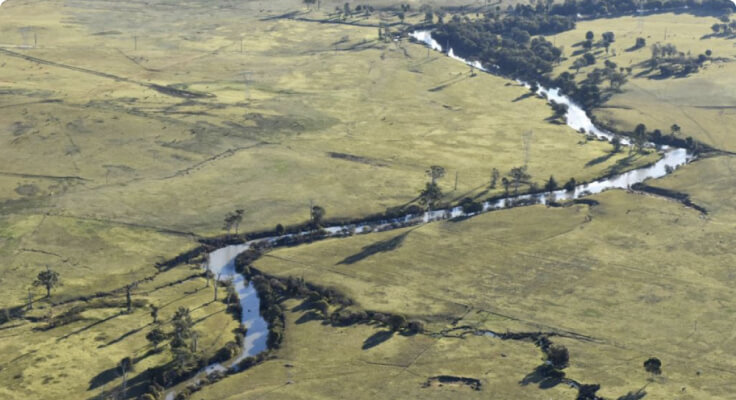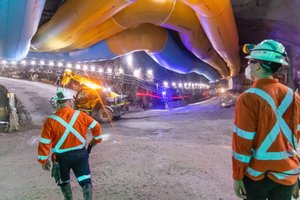Overview
The 2022 State Infrastructure Strategy is framed around 9 objectives, each with a dedicated chapter in the full report.
For each of the 9 objectives, the Strategy outlines key challenges and opportunities faced by NSW, a set of strategic directions to inform priorities, and Infrastructure NSW’s recommendations to the NSW Government.

Investment in infrastructure alongside policies to better utilise the State’s existing and new assets are fundamental to meeting the needs of a growin...

Delivering quality infrastructure to match population growth and the evolving needs of the community is a fundamental role of Government. This include...

Infrastructure assets need to be resilient to withstand shocks such as natural hazards, public health crises and cyber security threats. Policy change...

The NSW Government has adopted a goal of Net Zero emissions by 2050 and a 50% cut in emissions by 2030. The 2020 Electricity Infrastructure Roadmap se...

Water security, and sustainable use and allocation of water, are major long-term challenges for NSW. NSW Government will need to increase rainfall-ind...

Protecting our natural environment requires attention to all assets across the infrastructure lifecycle, from construction right through to operation....

The benefits of combining digital technology with physical infrastructure are increasingly compelling. The right application can increase the producti...

Joined-up planning is imperative for efficient investment across all government assets but especially important to support the State’s investment in n...

Infrastructure demands on the NSW Government budget will continue to be significant. While the type and mix of infrastructure projects will change, in...
Related links
Search and explore recommendations made in the Strategy.
Find out more about Infrastructure NSW’s previous State Infrastructure Strategies.
